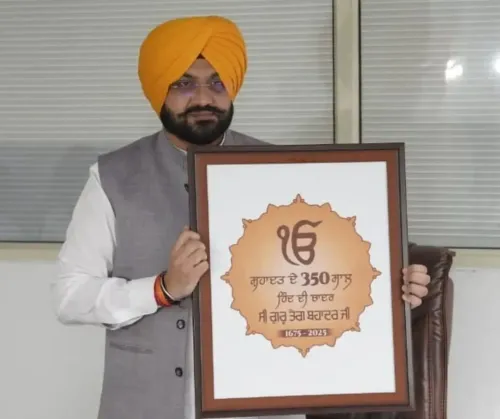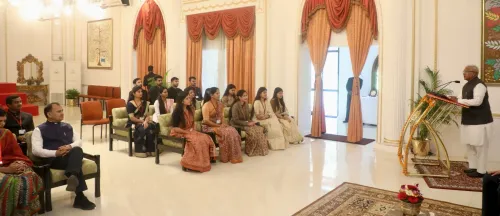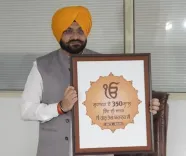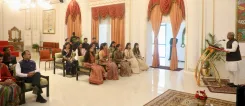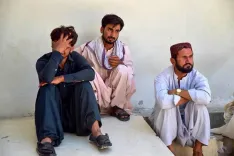Gaurav Gogoi Challenges Rijiju, Labels Waqf Amendment as a Constitutional Threat
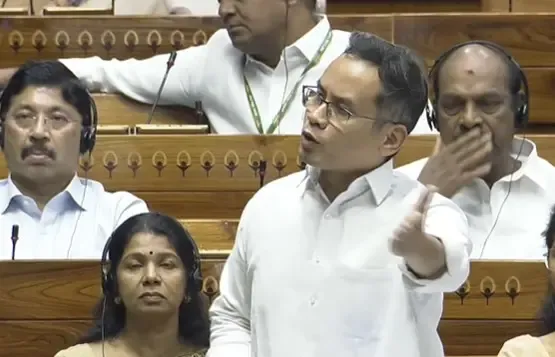
Synopsis
Key Takeaways
- Gaurav Gogoi labels the Waqf Amendment Bill an attack on the Constitution.
- He accuses the government of having objectives that target minority communities.
- Rijiju's statements about past amendments are dismissed as misleading.
- The timing of the amendment raises questions about its legitimacy.
- Gogoi stresses the importance of amendments that unite rather than divide.
New Delhi, April 2 (NationPress) Congress Lok Sabha MP Gaurav Gogoi on Wednesday vehemently opposed the Waqf (Amendment) Bill, denouncing it as an "attack" on Parliament and the Constitution.
He further alleged that the government had four "key objectives" behind the bill, which he claimed were "targeting" the Muslim community.
During the Lok Sabha discussion, Gogoi rejected the allegations made by Parliamentary Affairs Minister Kiren Rijiju concerning the 2013 amendments to the Waqf Act under the UPA government.
"What he stated regarding the 2013 UPA government is entirely false and misleading. We demand he substantiate his claims. They continuously accuse us, spread rumors, and tell lies," he asserted.
Earlier, Rijiju criticized the UPA government for establishing provisions that permitted any individual — Hindu, Muslim, Christian, or Buddhist — to create Waqf property, although Waqf is specifically intended for Muslims. He also contested Section 108 of the Waqf Act, which indicates that Waqf Board provisions take precedence over any other law in the nation.
In response to Rijiju's statements, Gogoi remarked, "This bill represents an assault on the very foundation of Parliament. It is an assault on the Constitution."
He asserted that the government had four principal aims in promoting the amendment — to "dilute the Constitution, defame minority communities in India, divide Indian society, and disenfranchise minority groups."
Questioning the timing of the amendment, Gogoi pointed out that until September 2023, the Ministry of Minority Affairs had not suggested any modifications to the Waqf law, "so who formulated this law afterward?"
He accused the BJP-led government of limiting religious freedoms, claiming that individuals were not allowed to perform Namaz freely during Eid.
Gogoi also raised concerns about the representation of minorities in the NDA, asking, "How many minority MPs does the NDA have in Parliament?"
Critiquing Rijiju's assertion that extensive discussions preceded the bill's introduction, Gogoi stated, "All of this is utterly misleading."
He further warned that the government's actions could extend beyond the Muslim community, stating, "Today, they are targeting the land of one community. Tomorrow, they will target another."
While recognizing the need for amendments, he emphasized that they should enhance the bill rather than foster divisions.
"Amendments are necessary; I am not saying they are not. However, the amendments must fortify the bill. They should not instigate a divide," he mentioned.
He also claimed that the Joint Parliamentary Committee (JPC) did not accept any of the Opposition's recommendations.
In response to Rijiju's comments about the Waqf Act's precedence over other laws, Gogoi noted that similar provisions exist in state laws throughout India.
"Numerous states, including Telangana and Tamil Nadu, incorporate this overriding principle in several state acts," he added.
"The entire INDIA bloc opposes this Bill," he concluded.

